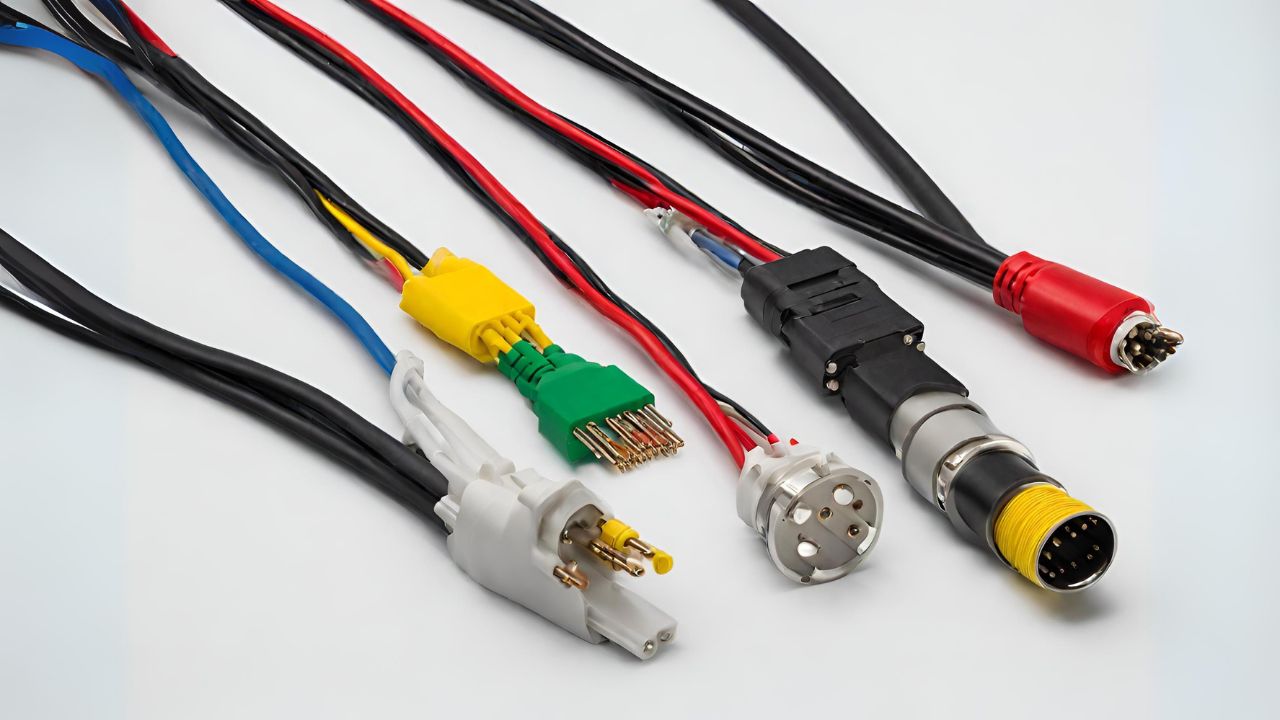Understanding Custom Cable Assemblies
Custom cable assemblies are designed and manufactured to meet unique specifications. Unlike off-the-shelf cables, they are tailored for specific applications, considering factors such as voltage requirements, environmental conditions, and physical constraints. This customization can range from simple modifications of standard cables to the creation of complex harnesses with multiple branches and connectors.
The Growing Market Demand
The global market for cable assemblies continues to grow, driven by the demand in sectors such as automotive, healthcare, and consumer electronics. According to a report by Grand View Research, the global wire and cable market size was valued at USD 183.14 billion in 2021 and is expected to expand at a compound annual growth rate (CAGR) of 4.4% from 2022 to 2030. This growth is attributed to the increasing demand for data transmission and the expansion of power generation networks.
Advancements in Custom Cable Technology
Technological advancements have played a significant role in the evolution of custom cable assemblies. Innovations in materials, such as high-performance polymers and alloys, have led to the development of cables that are more durable, flexible, and capable of operating in extreme conditions. Furthermore, advancements in manufacturing techniques have allowed for more precise and efficient production of custom cables.
Industry-Specific Applications
In the automotive industry, custom cable assemblies are crucial for the functioning of advanced driver-assistance systems (ADAS) and electric vehicles (EVs). These applications require cables that can handle high power loads and are resistant to environmental factors such as heat and chemicals.
In healthcare, custom cables are used in a wide range of medical devices, from patient monitoring systems to diagnostic imaging equipment. These cables must meet stringent safety and performance standards, often requiring biocompatible materials and designs that minimize electromagnetic interference (EMI).
The Importance of Quality and Certification
Quality is paramount in the production of custom cable assemblies. As noted by the IPC (Association Connecting Electronics Industries), ensuring the reliability and performance of these components is crucial, especially in critical applications such as aerospace and medical devices. Manufacturers often seek certifications like ISO 9001 or industry-specific standards to demonstrate their commitment to quality.
The Environmental Aspect
Environmental sustainability is increasingly becoming a concern in the cable assembly industry. Manufacturers are focusing on using recyclable materials and reducing waste during production. Additionally, the trend towards miniaturization not only saves materials but also reduces the environmental footprint of these products.
Challenges and Future Trends
One of the main challenges in the custom cable assembly market is the need for rapid prototyping and shorter production cycles. With the fast pace of technological advancements, manufacturers must be able to quickly adapt to changing requirements.
Looking to the future, the trend towards smart and interconnected devices will likely increase the demand for more sophisticated cable assemblies. These will need to incorporate data and power transmission capabilities, along with advanced features like built-in sensors and diagnostic capabilities.
Conclusion
Custom cable assemblies are a vital component in modern technology, enabling the functionality of complex electronic systems. The combination of technological advancements, industry-specific requirements, and a focus on quality and sustainability positions this industry for continued growth and innovation.

